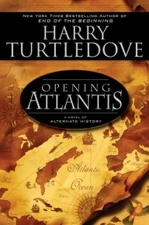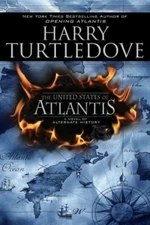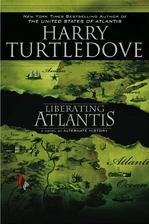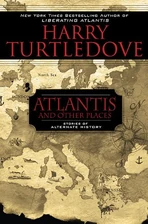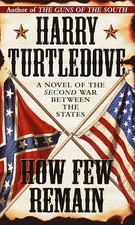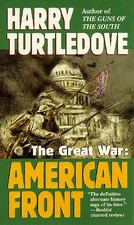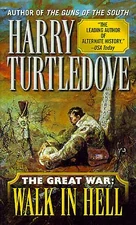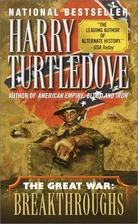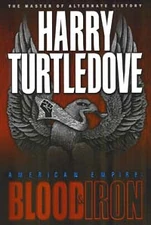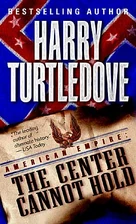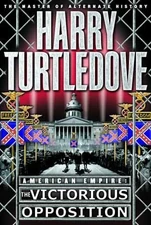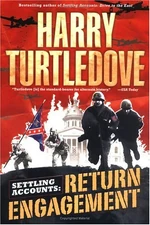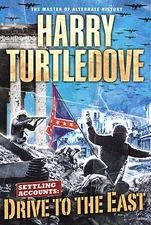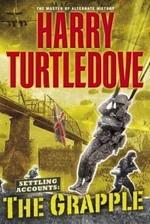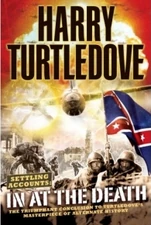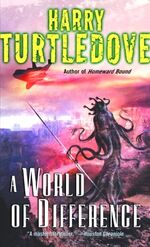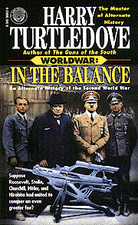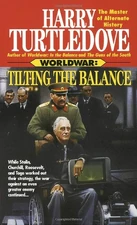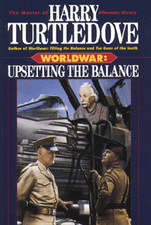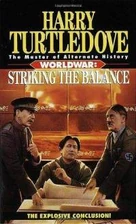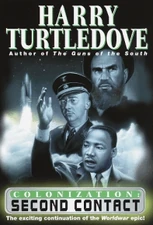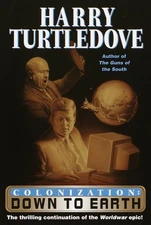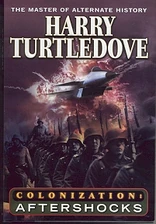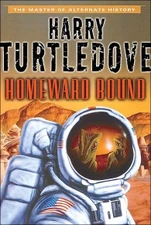| Cuba | |
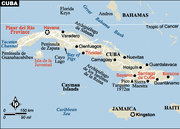
| |

| |
| Country | |
| Continent: | North America (Caribbean) |
| Capital: | Havana |
| National Language: | Spanish |
| Government: | Unitary Marxist–Leninist one-party socialist republic |
| Status in OTL: | Active |
The Republic of Cuba is a nation in the Caribbean. It consists of the island of Cuba (the largest and second-most populous island of the Greater Antilles), Isla de la Juventud and several adjacent small islands. Cuba was one of the places Christopher Columbus landed in 1492. It became part of the Spanish Empire shortly after, and remained so until 1898, although there were periods in the 19th century which saw Cuba violently seek to gain its independence. The United States declared war on Spain in 1898, in part because of Cuba's bid for independence. After the U.S. defeated Spain, Cuba gained independence, but the U.S. would meddle in its affairs frequently throughout the first half of the 20th century. In 1959, after decades of corrupt and oppressive governance in Cuba, Communist forces under Fidel Castro gained control of the country.
Cuba in Atlantis[]
A Spanish colony just south of Atlantis treated its slaves even worse than the United States of Atlantis did.[1]
Literary comment[]
While this colony is not named, its description most closely resembles Cuba more than any other island.
Cuba in "Cayos in the Stream"[]
Ernest Hemingway was residing in Cuba when the United States entered World War II. While Cuba joined the U.S. in declaring war on the Axis, Hemingway was suspicious of the Fascist leanings of the Cuban people. Alarmed by rumors of Cubans supplying German U-boats, he volunteered to patrol the Caribbean in 1942 in his fishing boat, the Pilar, until he and his crew actually found and sank a U-boat.
Cuba in The Disunited States of America[]
Cuba participated in the Florida Intervention, successfully annexing the southern third of the nation-state of Florida.
Cuba in "Notes from the General Secretariat"[]
In response to a Marxist Cuban señor who asserted that the United States has always been at the forefront of imperialism and aggression "Beals Becker" initially responded sarcastically noting that Cuba became a U.S. state after the Spanish-American War. Becker then went on into a more accurate vein, reminding the unnamed señor that during its war with Spain, the U.S. explicitly did not seek to annex Cuba, deliberately established Cuba as a functioning country, helped develop infrastructure, and even wiped out yellow fever.[2]
Cuba in Southern Victory[]
Cuba was a Confederate state acquired from Spain in the 1870s. Although it had been uniquely calm during the Red Rebellion of 1915, during the Second Great War the United States helped the insurrectionist movement in the state.
Cuba was unique among the Confederate states in that black people were allowed surnames and permitted a great deal of racial intermixing. Thus, by 1943 the policies of the Freedom Party were met by a Cuban insurrection made up of both whites and blacks, unlike the mainland C.S., where guerrilla fighters were exclusively Black. Nonetheless, Black Cubans were still rounded up and shipped to concentration camps in Texas until the C.S. was defeated.[3]
Cuba in The Two Georges[]
Cuba was a province of Franco-Spanish Nueva España, a nation within the Holy Alliance.[4] Cuban cigars were popular in the North American Union.[5]
Cuba in A World of Difference[]
Cuba was an ally of the Soviet Union, and was ruled by Fidel Castro.[6] Cuba did not contribute to the Soviet expedition to Minerva in 1989.
Cuba in Worldwar[]
The nation of Cuba was an American ally in World War II and the subsequent war against the Race's Conquest Fleet. As the Race had little interest in islands, Cuba maintained it sovereignty rather than be colonized by the Race after the Peace of Cairo in 1944.[7]
References[]
- ↑ Liberating Atlantis, pg. 265.
- ↑ Analog: The Magazine of Science Fiction and Fact, Vol CV, No 8, August, 1985, pg. 173.
- ↑ In at the Death, pg. 257, tpb.
- ↑ Map The Two Georges, frontispiece.
- ↑ Ibid., pgs. 193, 236 HC.
- ↑ A World of Difference, pg. 120.
- ↑ Second Contact, pg. 96, mmp.
